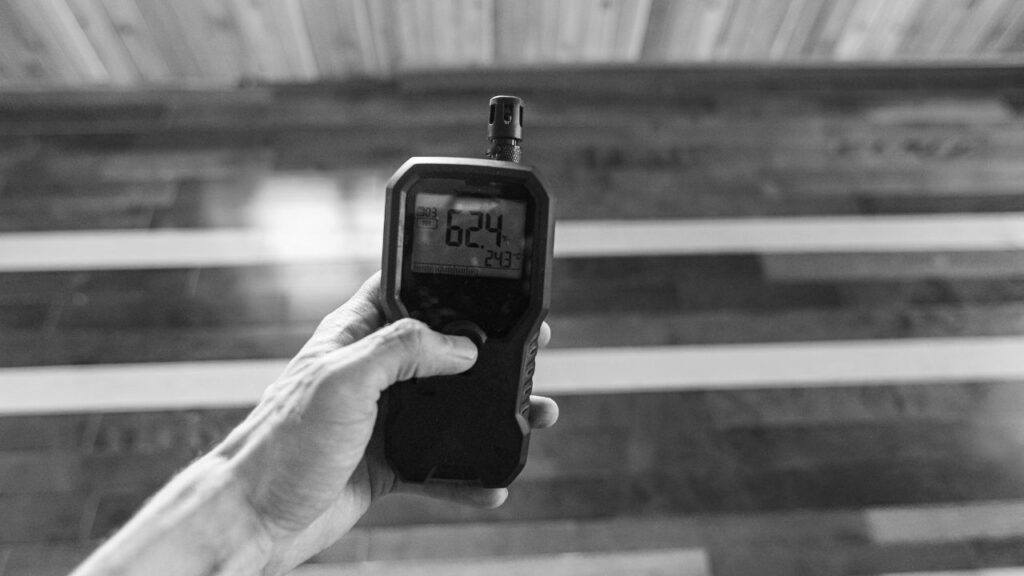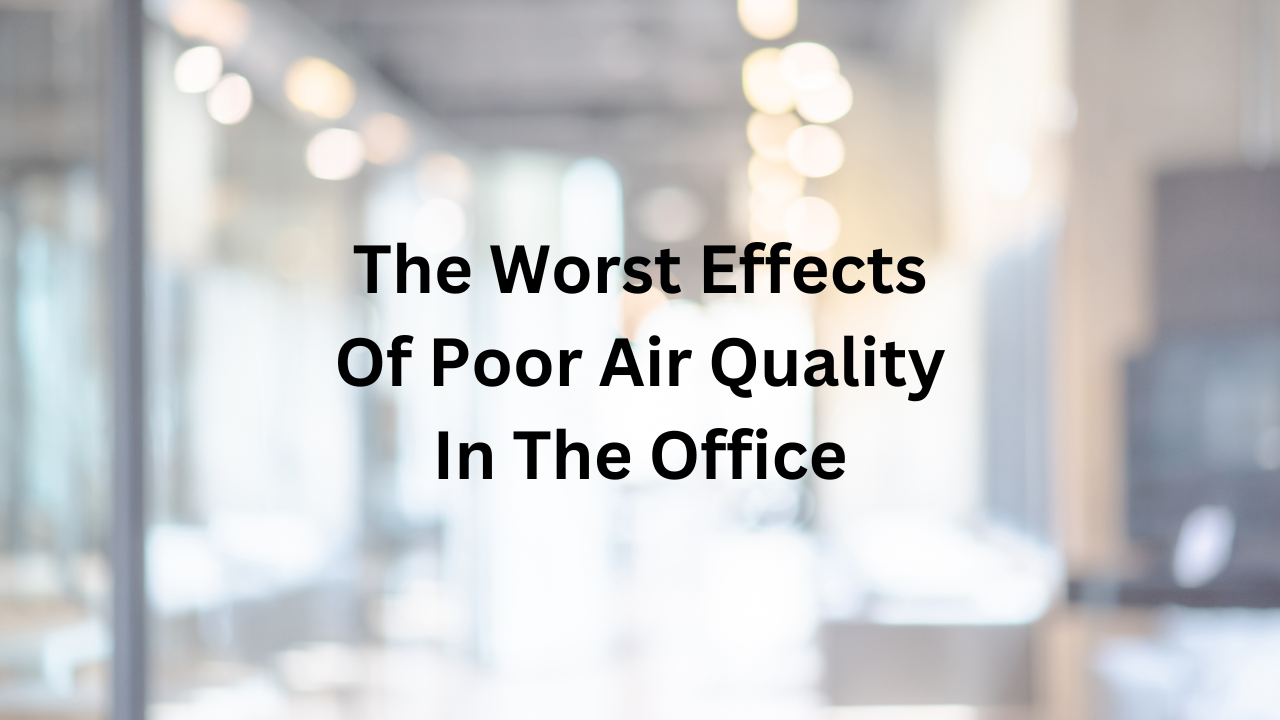According to Environmental Protection Agency, billions of dollars are lost annually because of low office air quality affecting the well-being of employees. The knowledge of indoor air is vital, and a recent report cited indoor as one of the key foundations of a good and healthy office building.
You spend almost eight hours sitting at your desk. Meaning you spend all day breathing the air inside the office. It may be time to assess how your office IAQ could affect your well-being.
When suggesting the idea to the manager or employer, let them know that maintaining and monitoring air quality inside the office can drive changes in productivity and reduce absenteeism. This leads to an increase in sales.
OSHA Indoor Air Pollution Report
OSHA, or Occupational Safety and Health Administration, is accountable for regulating basic office safety laws and recently released guidance on workplace ventilation. On the other hand, it is not logistically possible for the organization to enforce proper ventilation and air quality in each office in the nation. As an employer who values their workers, it is up to you to ensure that employees breathe clean, uncontaminated air when working.
Track Air Pollution
Maintaining excellent indoor air quality begins with tracking the air in the office and keeps on taking steps to optimize it. These practices are vital even as businesses need to re-enter offices during the health crisis safely.
What are the Worse Effects of Poor Air Quality in the Office?

If you are like most people, perhaps you think about air quality as it relates to ambient or outdoor air quality.
Agricultural dust, wildfire smoke, and smoke plumes from industrial plants are all types of pollution a lot of people relate to poor air quality.
But, recent statistics suggested that indoor air quality can be more seriously polluted than the air quality outside, even in big progressive cities. Poor office indoor air quality can cause many adverse health consequences for those who work there.
Here are some of the worse effects of poor air quality in the workplace:
Lower Productivity

According to the research, poor air quality in offices can negatively affect workers’ cognitive functioning, including slower response times and the capability to concentrate adversely on affective efficiency and output.
Research conducted by the Harvard School of Public Health reveals that those working in a well-ventilated office with low levels of pollutants have double the cognitive function of those in workplaces with average levels of precisely the same contaminants.
Another 12-monthly study, which included participants in workplaces in different countries working in an array of fields, which include real estate investment, engineering, technology, and architecture, found that increased focus on fine particulate matter and lower ventilation rates, measured with the use of carbon dioxide levels, were related to slower response times and decreased accuracy on a sequence of cognitive assessments.
Better filtration and ventilation in offices to avoid the transmission of diseases has the added perks of better cognitive functioning and productivity of workers, making healthy building key to public well-being and business approach moving forward.
High Absenteeism
We spend more of our lives indoors, where the air can be five times more contaminated than outdoors. Comfort and indoor air quality are only sometimes viewed as basic foundations of wellness as they are out of mind and sight. But, poor air quality’s harmful effects can deeply affect a business’s bottom line.
A recent study found that air pollution causes almost three million lost working days yearly in the UK. The report discovered that absences associated with poor air cost millions a year because of people missing work from poor well-being due to poor air quality.
Therefore, it is in the company’s best interests to ensure that indoor offices have clean and healthy air for employees to breathe.
Indoor Air Quality at Office Causes Sinus Infections

According to researchers, one major cause of SBS is breathing air that is continuously recycled but never cleaned. More extensively, many signs of SBS depend on elements like whether a building’s windows are open, whether the office is humidified and whether the air is conditioned. The statistic shows a strong connection between ventilation and the respiratory well-being of the workers, suggesting that boosting indoor air quality can also boost health outcomes.
Other Effects of Indoor Air Quality
A lot of studies have revealed how indoor air quality causes higher operational expenses and serious health problems, including asthma.
A report published by Environmental Protection Agency shows that these insinuations have long been observed.
According to a recent report, adverse health effects because of poor indoor air quality lead to lost productive years, an improved number of sick days, and lower efficiency while on the work.
VOCs
Furniture, office equipment, building materials like floor coverings and walls, upholstery, and almost every commercially manufactured item in the office produce chemical pollutants.
They take account of polybrominated biphenyl or PBB, polychlorinated biphenyl or PCB, formaldehyde, polyurethane, as well as VOCs.
To start to boost indoor air and take your office air quality monitoring into action-you have to know the elements which degrade indoor air quality.
Conclusion

Suppose you are beginning to see the effects of air quality in the office and want to prevent your workers from experiencing conditions like asthma and sinus infections. In that case, improve workplace air quality using a commercial-grade air purifier.
As the study reveals, the impacts of air quality in the office can be overwhelming and upsetting for the well-being of the workers.
Consider Air Purifiers
As a manager or office worker, you can take the edge off the negative health consequences caused by poor indoor air quality. Reliable office air purifiers available out there provide protection against airborne pollutants and can also destroy indoor environment contaminants.
In due course, ensuring fresh air inside the office is only part of being a responsible and conscientious leader, particularly if you are in a business that exposes employees to high chemical pollutants.

